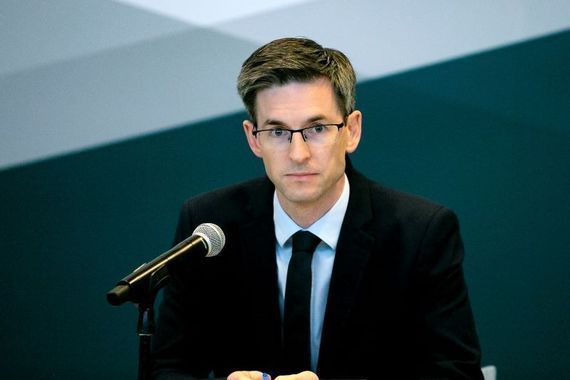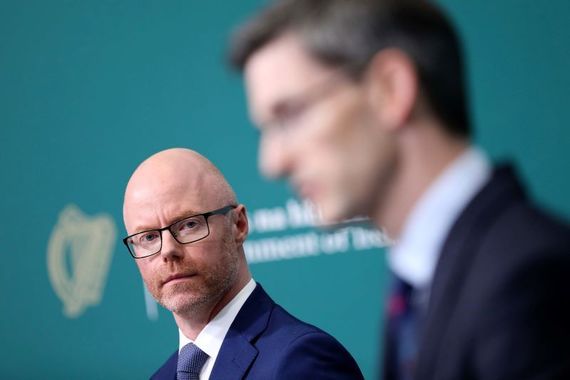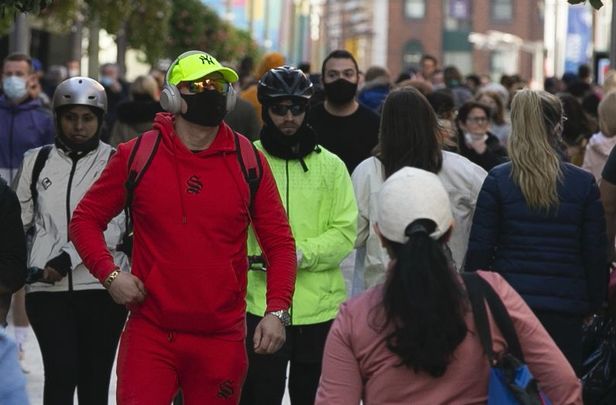The National Public Health Emergency Team has expressed concern after it announced the highest number of COVID-19 cases in a single day since April on Sunday.
NPHET announced 430 new cases on Sunday, the most cases in one day since 701 were reported on April 26 at the very peak of the first wave of the pandemic.
Acting Chief Medical Officer Ronan Glynn warned on Sunday that the situation would only get worse if people didn't reduce their number of social interactions.
"As we start into this new week, I am asking every household across the country to sit together this evening and make a plan to reduce the number of people you meet this week," Glynn said on Sunday.
"We have absolutely no room for complacency. If every person, family, workplace, and organization does not play their part the situation will continue to deteriorate."

Acting Chief Medical Officer Ronan Glynn is calling on people to reduce their social interactions.
Glynn made a specific appeal to people in Dublin and Donegal, which have both been placed on Level 3 of the Irish Government's Living With COVID plan due to a spike of COVID-19 cases in both counties.
"For people who live in Donegal and Dublin, remember, Government advice is to work from home unless it is essential to attend in person. For people living in these and all other counties, assume that Covid-19 is circulating in your community, and act accordingly," Glynn said.
A total of 212 cases were confirmed in Dublin on Sunday, almost half of all cases confirmed in the country, while 23 cases were reported in Donegal.
However, Minister for Health Stephen Donnelly has said that he is "cautiously optimistic" about how Dublin is dealing with the outbreak of the virus since it was placed on Level 3.

Minister for Health Stephen Donnelly.
He said that the seven-day incidence rate of the virus in the capital was drastically less than the 14-day incidence rate.
Donnelly, however, said that the seven-day incidence rate would have to be less than half of the 14-day rate if restrictions were to be eased in Dublin.
The 14-day incidence rate in Dublin is currently 147, compared to a seven-day incidence rate of 78.
Dublin was placed under Level 3 restrictions on Sept. 18 for an initial three-week period, but the Irish Government has warned that the restrictions could be extended beyond Oct. 12 if the incident rate doesn't improve in the capital.
There are also concerns over the number of coronavirus hospitalizations.
There are currently 108 confirmed cases of COVID-19 in Irish hospitals, the highest amount of coronavirus hospitalizations since the beginning of June.
Donnelly said that there were already some Irish hospitals where beds were already nearly full, something that is of huge concern for health authorities.
The Minister for Health said that the HSE had introduced its winter plan two months early to add 600 emergency beds as quickly as possible.
The Health Service Executive is additionally enhancing community assessment hubs to allow patients to remain at home where possible.




Comments